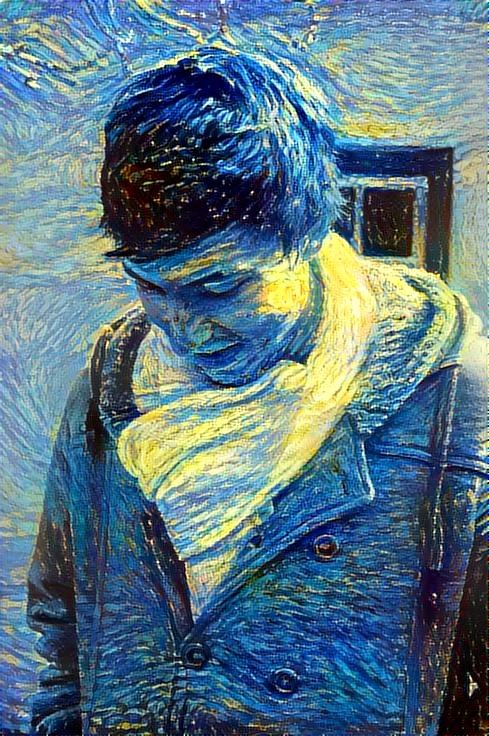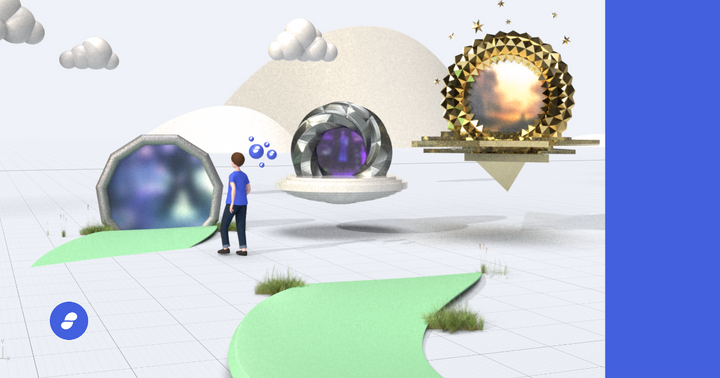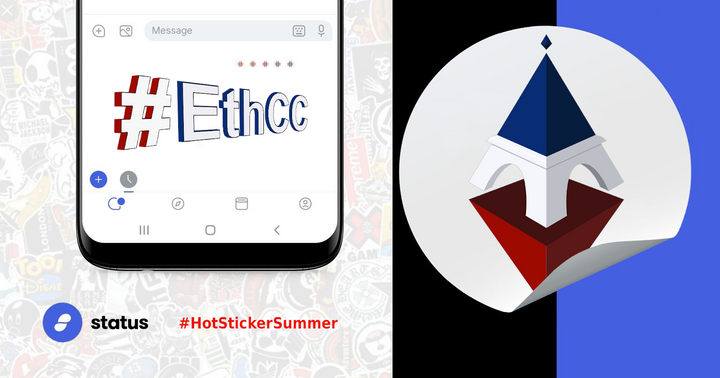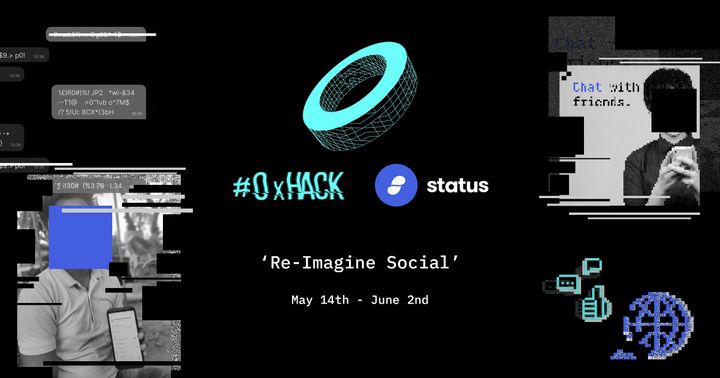Connecting with the people you work with when everyone is separated by both distance and our increasingly omnipresent screens can be very challenging. We fit more and more into database representations of ourselves: only one column for everything ‘other’ that constitutes this human mess; no more room for raging against the dying of the light.
To keep alive the subjective, to revel still in uncertainty - in what Keats once called “negative capability” - is increasingly the role of what we might call technical philosophy. Our language needs to expand to accommodate the communicative possibilities of a new class of shared protocols that allow us to agree on a common history, and therefore allow us to model what a more human future might actually look like.
Importantly, more expansive languages allow us think more broadly and critically about the work we do daily. Don’t be confused by my abstract use of “language” here; it’s slippery because the linguistic primitives we use to communicate change constantly. Just think: it is now socially acceptable to send a URL to a friend asking a question - a link to further information - rather than a long (and probably convoluted, half-wrong) string of your own construction. The URL has entered our language as a means of sharing accurately more information than one brain can hold in memory during conversation.
And it is a means supported, indeed enabled, by a superstructure of collective knowledge we call "the web"; which is just another kind of conversation carried out across time and space by more minds than could have ever gathered in one, physical place.
I like to think that conversation - sincere human communication - is perhaps the art form most directly capable of turning the living of a life itself into a masterwork.
As a means of practicing this kind of conversation, even when limited by online media and physical separation, we hold idea jams with people in Status who we really enjoy chatting to. It’s our means of connecting despite the screens between.
Perhaps one of the first practical applications of sincere, honest, and frank discussions for me has been to highlight how obsessed a lot of language used to describe cryptocurrency is with speed and disruption. As always, there is good reason for this: when Bitcoin was in its infancy there was a need for urgency to make as many as possible of aware what it could meant and how that affects people and industries across the world.
And it is certainly disruptive: one does not build a central bank of the internet powered by magic money without raising some eyebrows.
However, that may be slowly changing as these technologies settle into the wider culture. This settling into accepted significance also leads us into one of the great ironies of technology of any kind: it is defined almost entirely by the ways in which people use it. Fire - that very first technology, snatched from the gods so that we could recreate in miniature creation itself - can be used to both warm and burn.
Which form it takes depends on the intentions of the fire-builder. Are they crouched - attentive - over a small pile they’ve gathered carefully, or are they running carelessly through the dry winter veld with a lit torch?

It’s still very, very early on in the game and, if we want people to use the technologies we’re building to warm themselves and the people they love, rather than go to war and burn down each other's shelters, we ourselves need to approach the process of building with more care and attention than a language obsessed only with speed and disruption can hold or express.
Practically speaking, the human effects of this rushed way of speaking, describing, and interacting with the world are most often "burnout". We become so caught in the maelstrom produced by an truly novel idea that it seems as if everything has to happen right now! This is exacerbated by the fact that - in open source software communities - new and interesting things happen so often that it soon becomes impossible to keep track of the news about any one network, let alone understand the whole world of cryptocurrencies.
In this, there lies the technical equivalent of preference falsification. Because someone in the community is always, inevitably, releasing something; everyone else, too, feels heightened pressure to ship products. But we’re not building some rickety swing bridge here between two imaginary worlds like “web 2.0” and “web3”. We’re building an ecosystem - something like a new kind of digital life, a shared song of the silicon chip if you’ll allow it.
And building ecosystems takes both extreme engineering and care. It is far more akin to gardening than to manual construction. Again, think: we’ve taken an existing patch of messy but promising land (a.k.a the internet) - and intend to shape the rivers of information, to sculpt pools of personal data as part of an overall pattern, but contained in themselves, everything in such a way that life can grow abundant here, in the quiet shade of an old apple tree.

Care is the heart of what keeps a garden together. It matters every bit as much as the tools we use to trim our merkle trees and keep the garden wild within its bounds.
I can give no practical advice on how to care more, but I do know that it is something which can be practiced, consciously. It is difficult, even, to define what care is - but this is exactly the point. It is up to you to do it. You have to bring your agency to it, and find for yourself not just what to care about, but how to care well.
One of the side-effects of the value which has accrued to networks like Ethereum is that it has set us free to think very broadly, creatively, and long-term about the things that we’re building and what they will let people do. It has given us the freedom required to practice care.
We must believe that we are capable of adapting the language of speed and rush and “to the moon!”, to one capable of connection and care despite physical distance. A language capable of the consideration that it takes to build systems which last, for the very simple and obvious reason that they really are beneficial for the people who use them.
Our conclusion from this jam is that you should try find beauty, every day, in the things that you do. If what you do is beautiful to you, then it will be beautiful to others. Against eternal injustice, we are offered beauty as its equally eternal antidote. As Cyprian Norwid says: "Beauty is to enthuse us for work. And work is to raise us up".
In the words of a letter once written to “The Artists”:
“On the threshold of the Third Millennium, my hope for all of you who are artists is that you will have an especially intense experience of creative inspiration. May the beauty which you pass on to generations still to come be such that it will stir them to wonder! Faced with the sacredness of life and of the human person, and before the marvels of the universe, wonder is the only appropriate attitude.
From this wonder there can come that enthusiasm of which Cyprian Norwid spoke. People of today and tomorrow need this enthusiasm if they are to meet and master the crucial challenges which stand before us. Thanks to this enthusiasm, humanity, every time it loses its way, will be able to lift itself up and set out again on the right path. In this sense it has been said with profound insight that ‘beauty will save the world.’”








